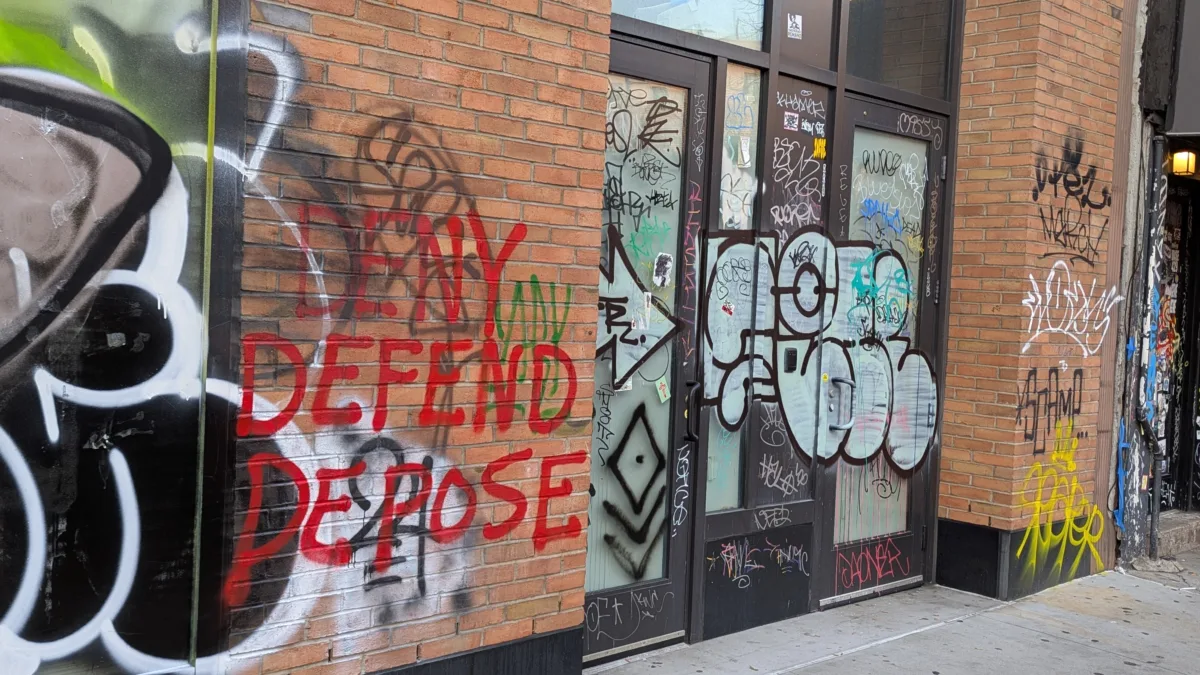
Trump’s DOJ Seeks Death Penalty Against Luigi Mangione
Attorney General Pam Bondi called the murder of UnitedHealthcare CEO Brian Thompson “an act of political violence.”

Attorney General Pam Bondi called the murder of UnitedHealthcare CEO Brian Thompson “an act of political violence.”
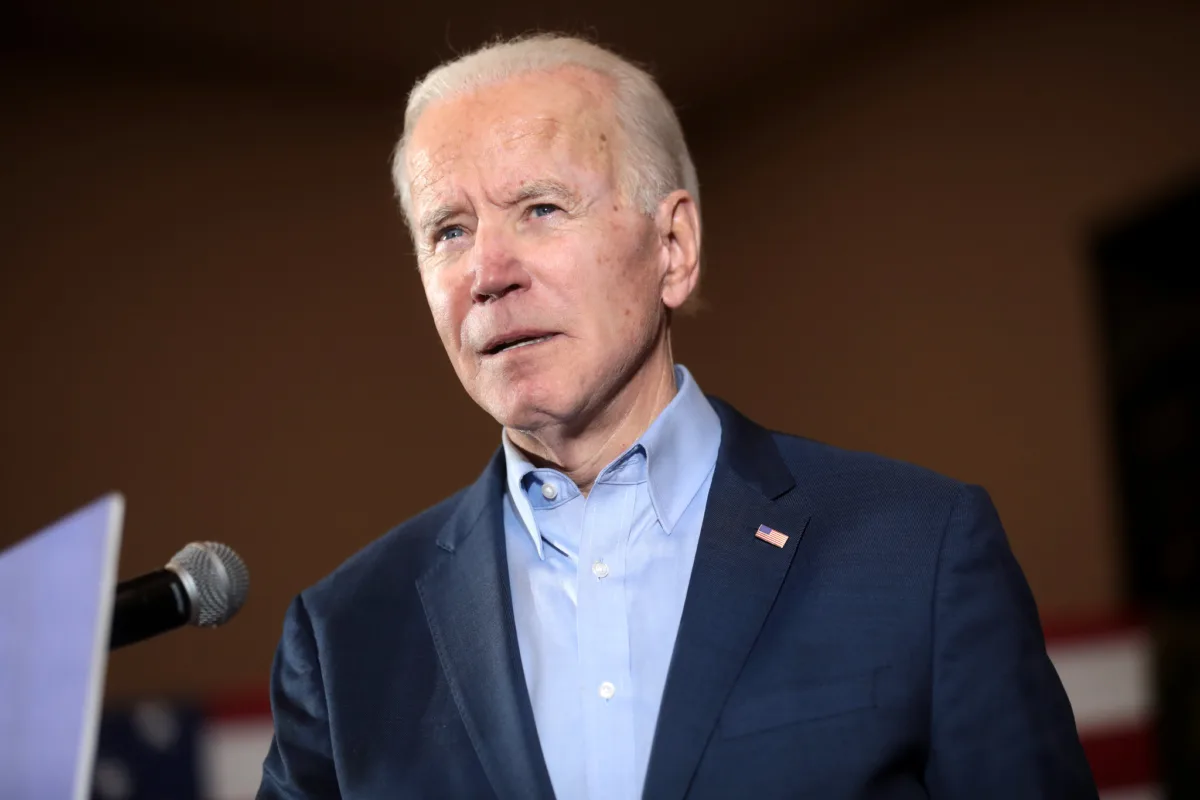
Multiple groups have now urged President Biden to spare the people on federal death row before Trump returns to power.

State legislators subpoenaed Robert Roberson one day before the state was set to kill him—an act that delayed the execution. Lawmakers are fighting to let Roberson testify before the state House despite objections from the attorney general and governor.
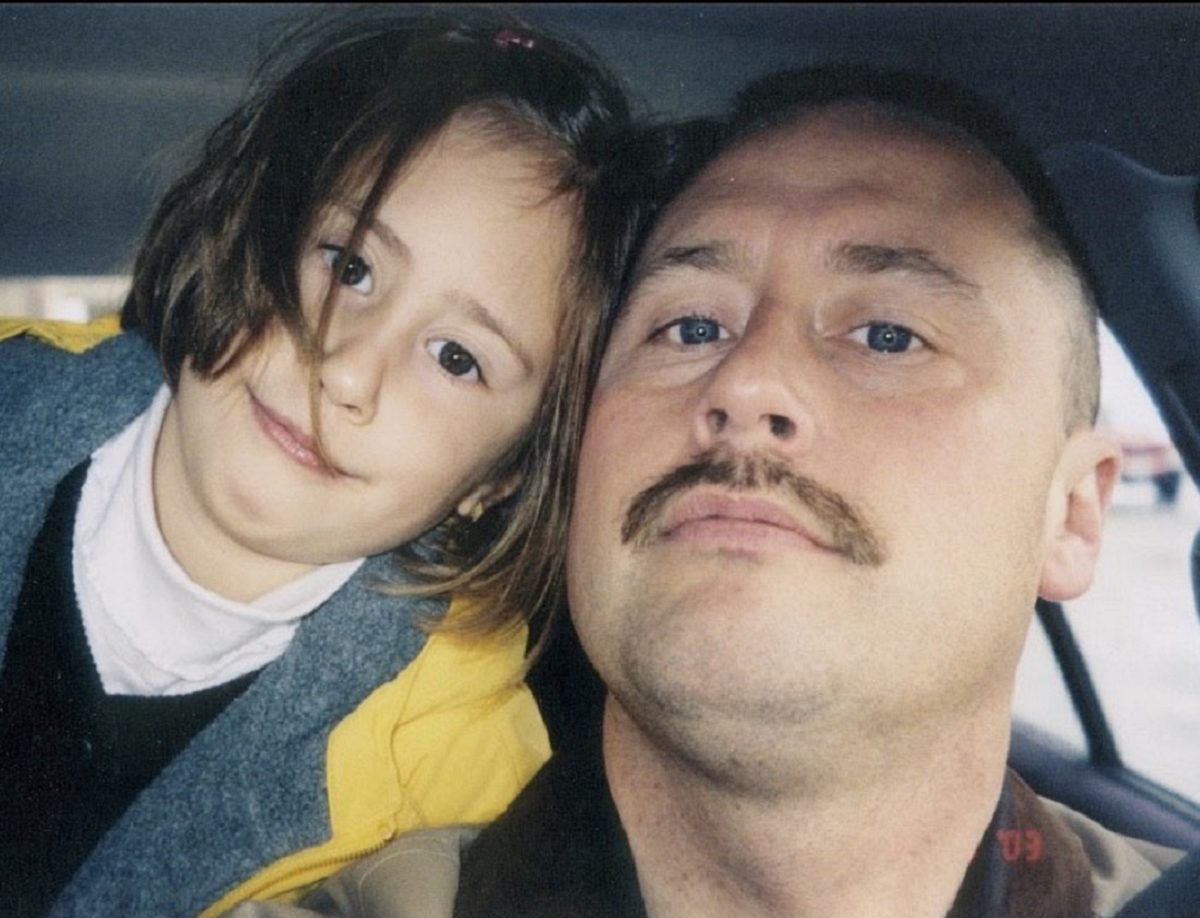
Virginia may soon become the 23rd state to abolish capital punishment.

While bans on capital punishment progress at the state level, the federal government is racing to carry out three more executions before President Trump’s term end. Ten people have been put to death since July, the first such executions since 2003.
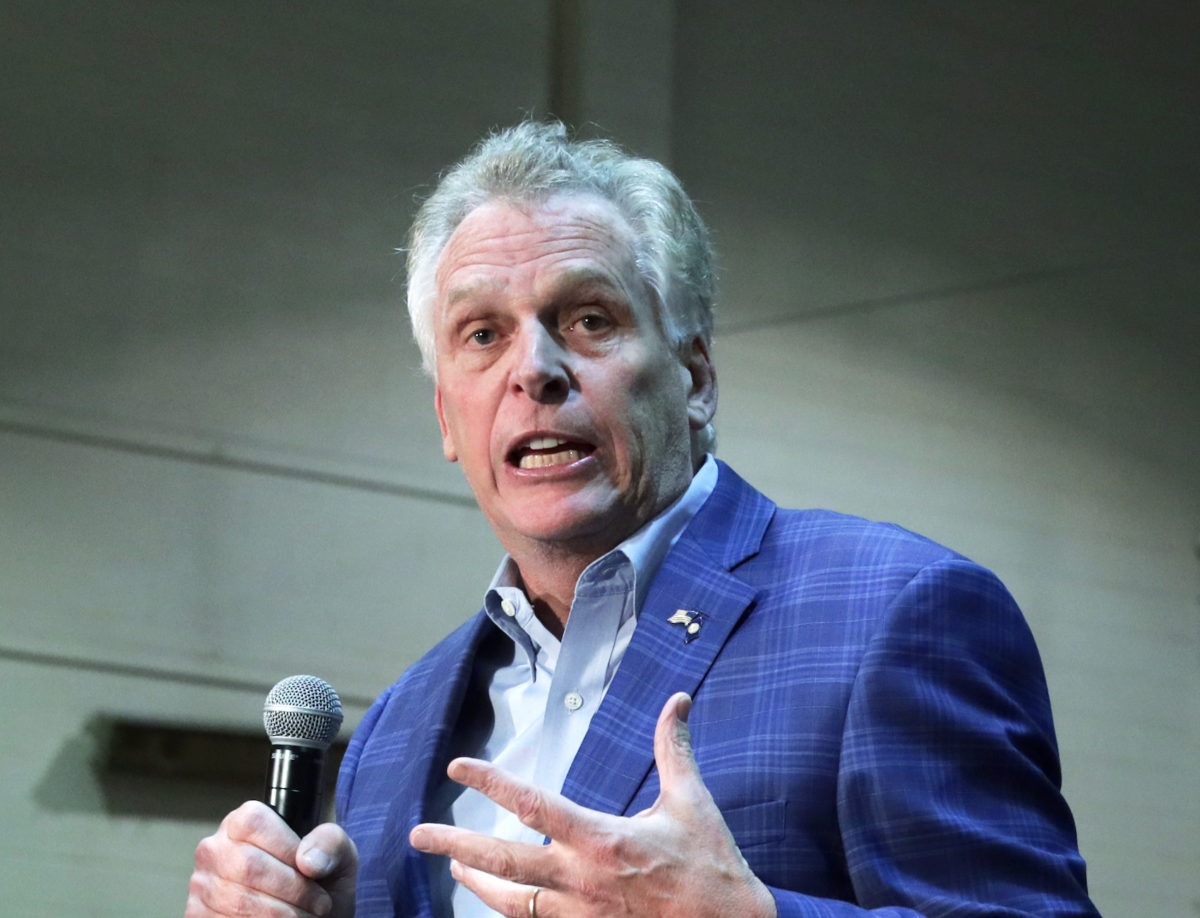
McAuliffe is running to become Virginia governor a second time. If he wins, he would be the only active Democratic governor to have carried out executions in office.
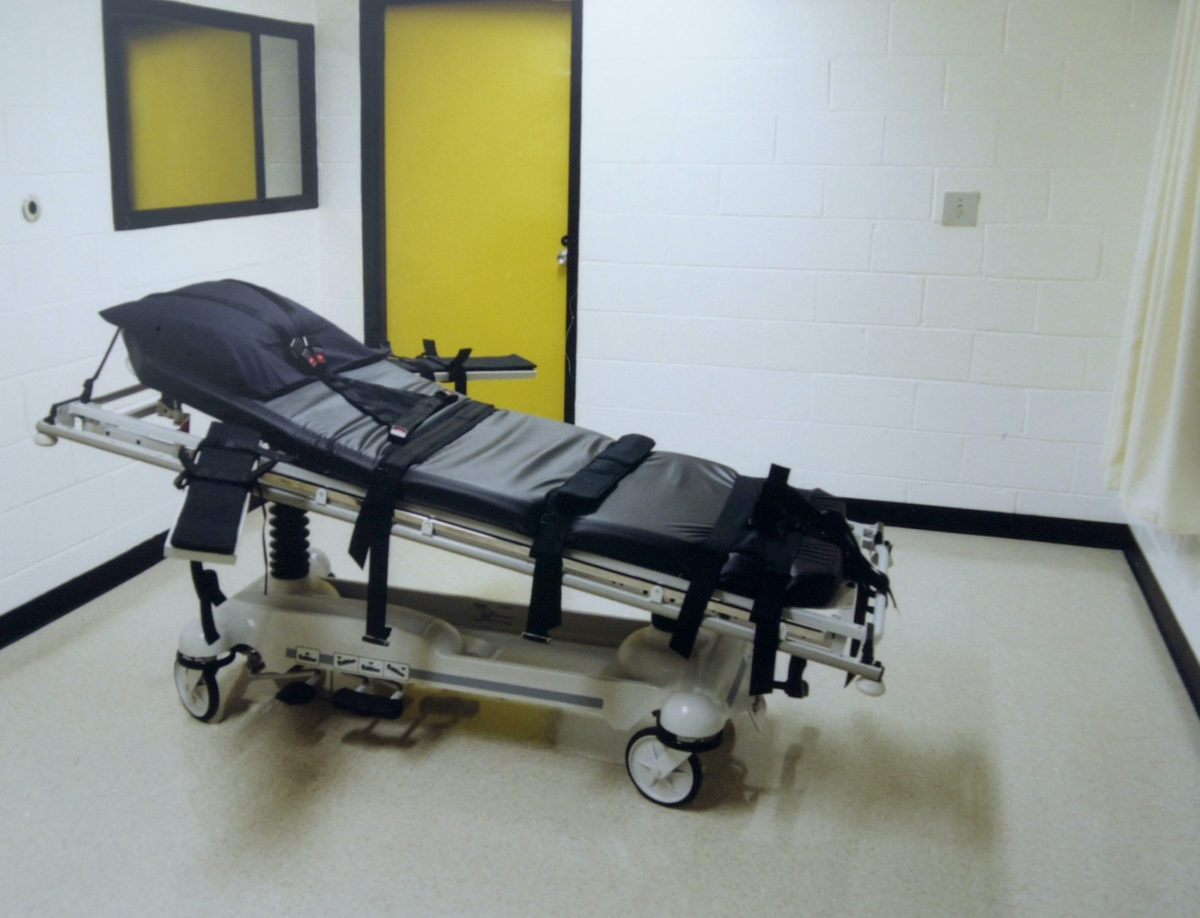
Nelson’s attorneys had sought to have his death sentence reversed, citing critical errors by his original trial attorneys.

It’s the first time in modern history that the federal government has executed a Native American for a crime committed against another Native American on tribal land, his attorneys say.
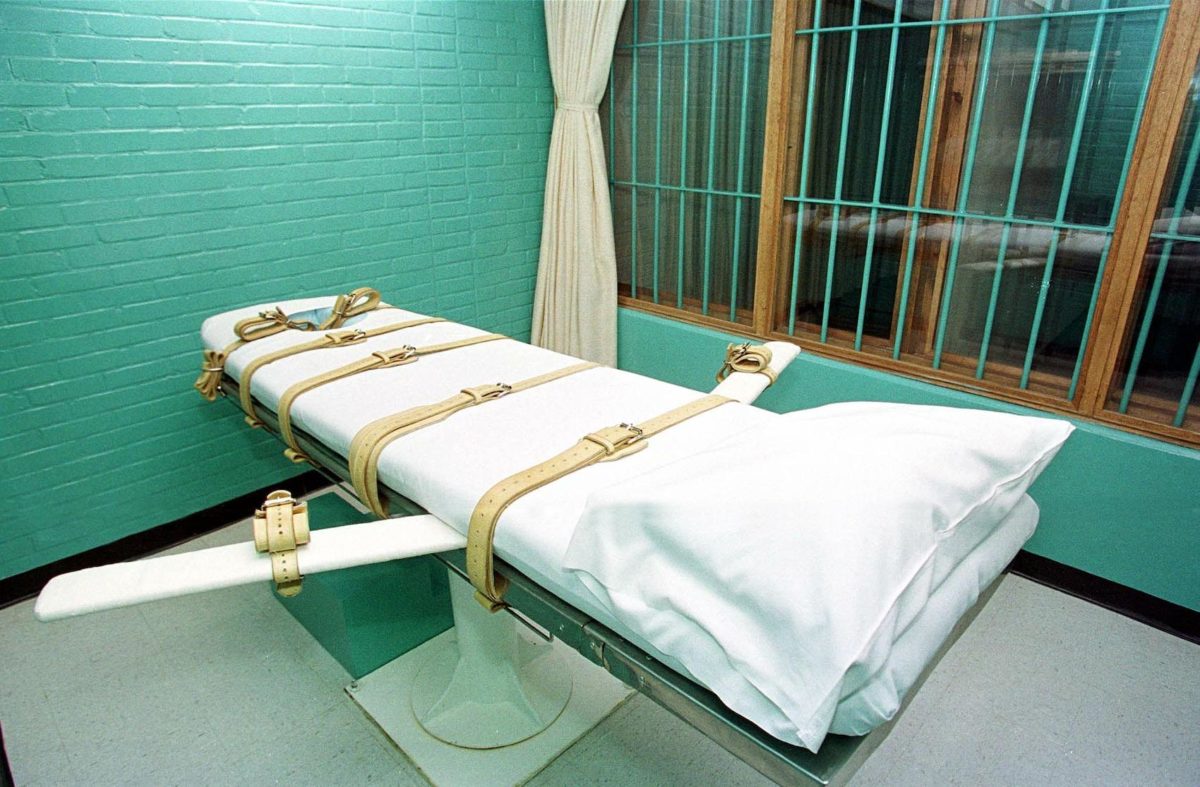
The execution of Mitchell against the will of the Navajo Nation only perpetuates the U.S.’s dreadful history of colonial violence and oppression of Indigenous peoples.

Honken, convicted of the murders of five people, died by lethal injection at the U.S. Penitentiary in Terre Haute, Indiana. The federal government resumed executions this week for the first time since 2003.
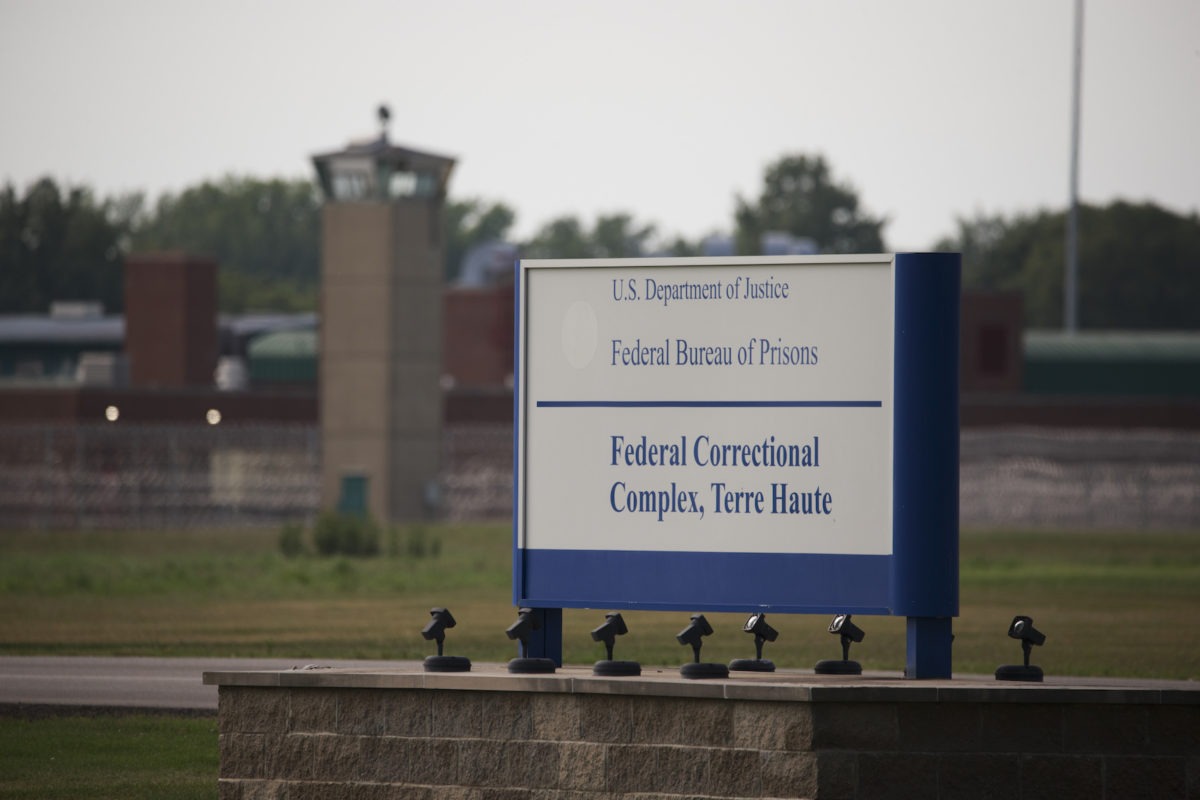
In a 5-4 ruling early today, the Supreme Court cleared the way for the lethal injection of Wesley Ira Purkey. Lawyers had argued that killing Purkey, who had dementia associated with Alzheimer’s disease, would represent cruel and unusual punishment.
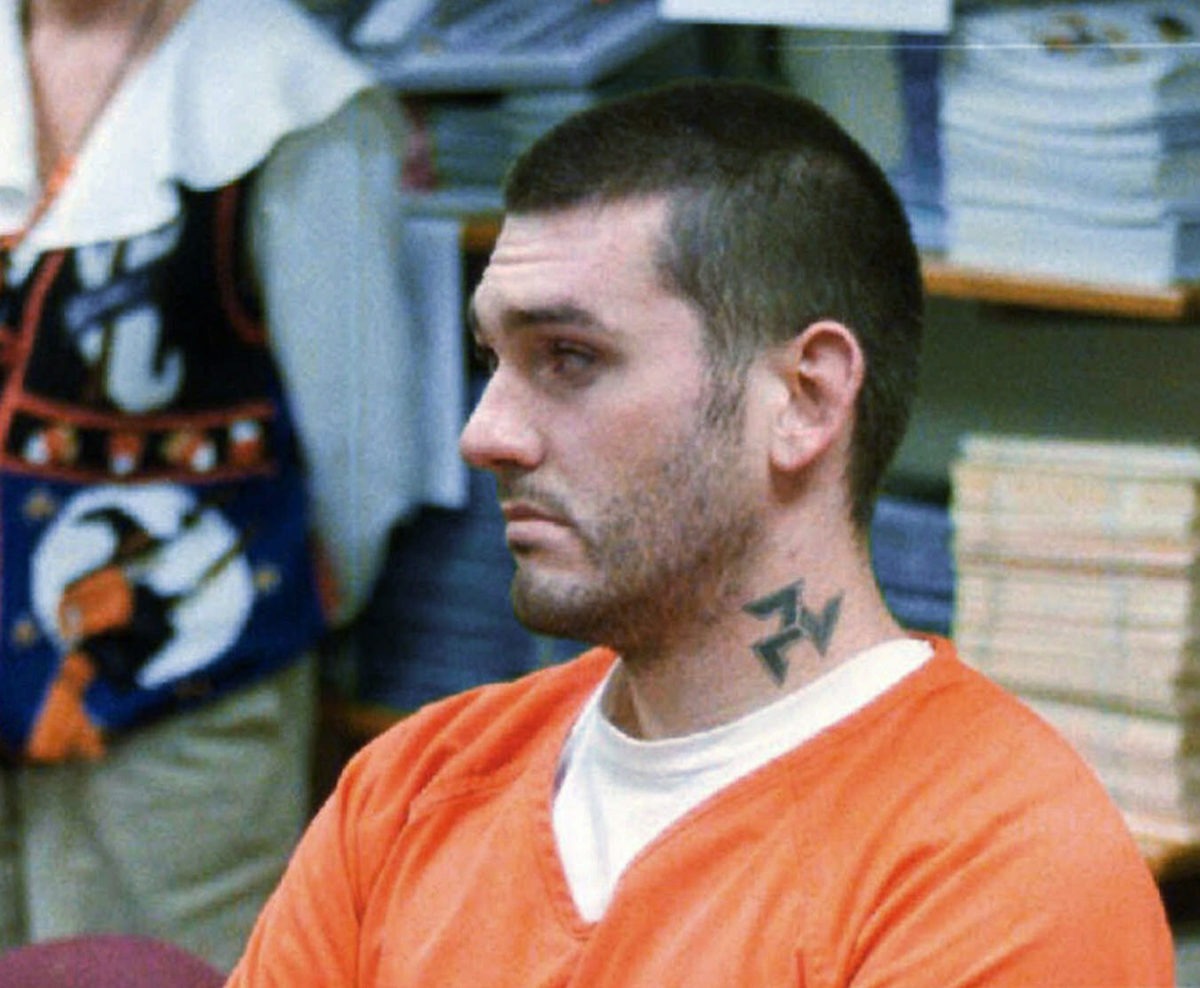
A late-night Supreme Court ruling cleared the way for the execution of Daniel Lewis Lee, despite his claims of innocence and his attorneys’ belief that DNA testing could show he was wrongly convicted.
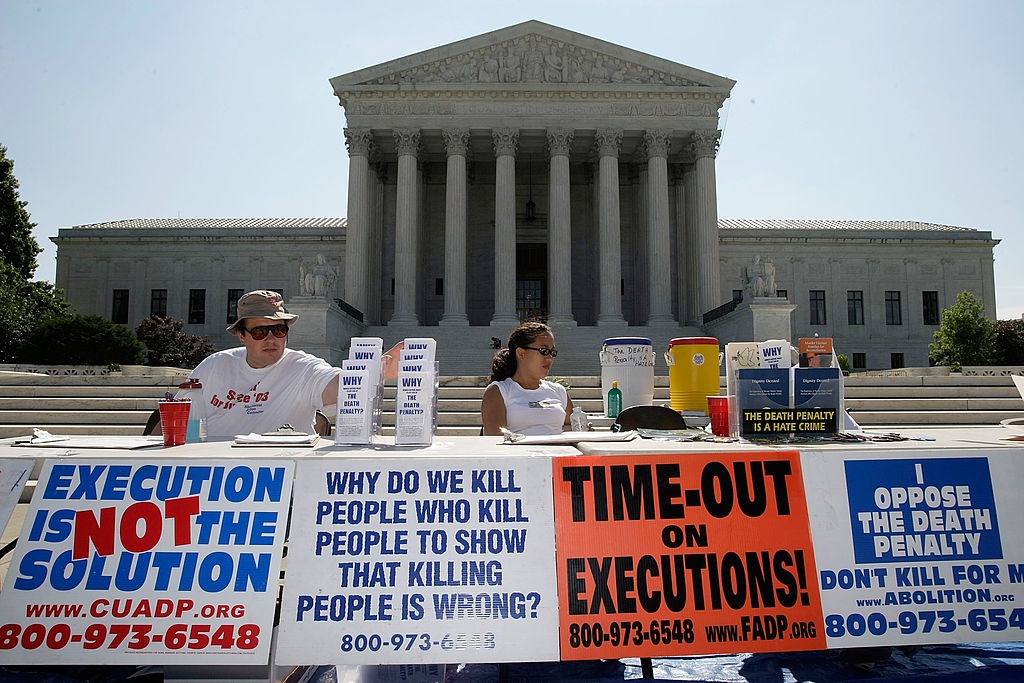
Attorney General Bill Barr has scheduled executions for four people on federal death row in July and August. That’s more federal executions in one month than in the entire modern history of the federal death penalty.

A government psychologist who used the tool to evaluate Daniel Lewis Lee—who is scheduled to die Monday in Indiana—has since disavowed it. Without it, the trial judge has written that it’s ‘very questionable’ Lee would have been sentenced to death.

A civil rights advocate calls the scheduled executions of four men ‘appalling’ and a return to a ‘biased, arbitrary, and error-prone’ system.
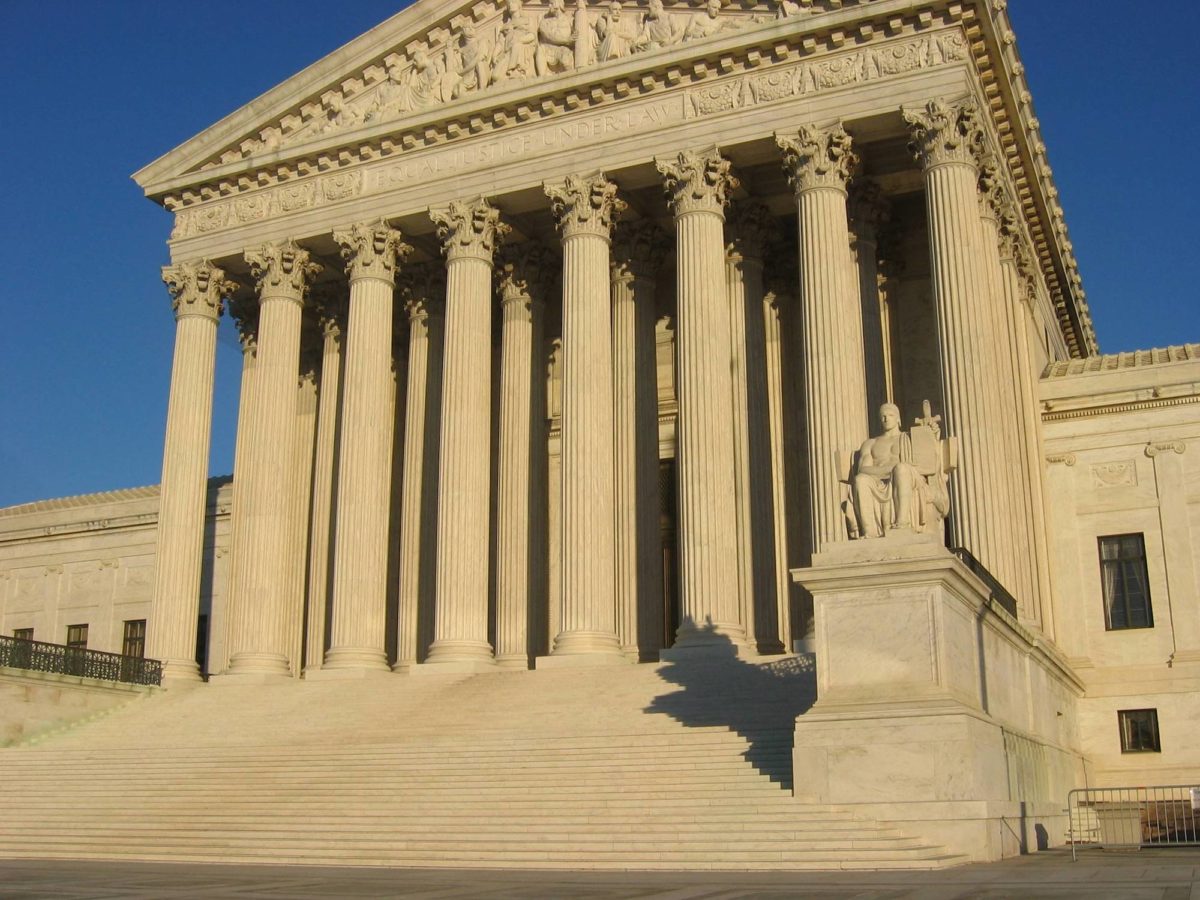
Attorneys argued for decades that Bobby Moore was intellectually disabled when he was sentenced to death in 1980. A U.S. Supreme Court ruling led to a change in his sentence last year and cleared the way for his release.
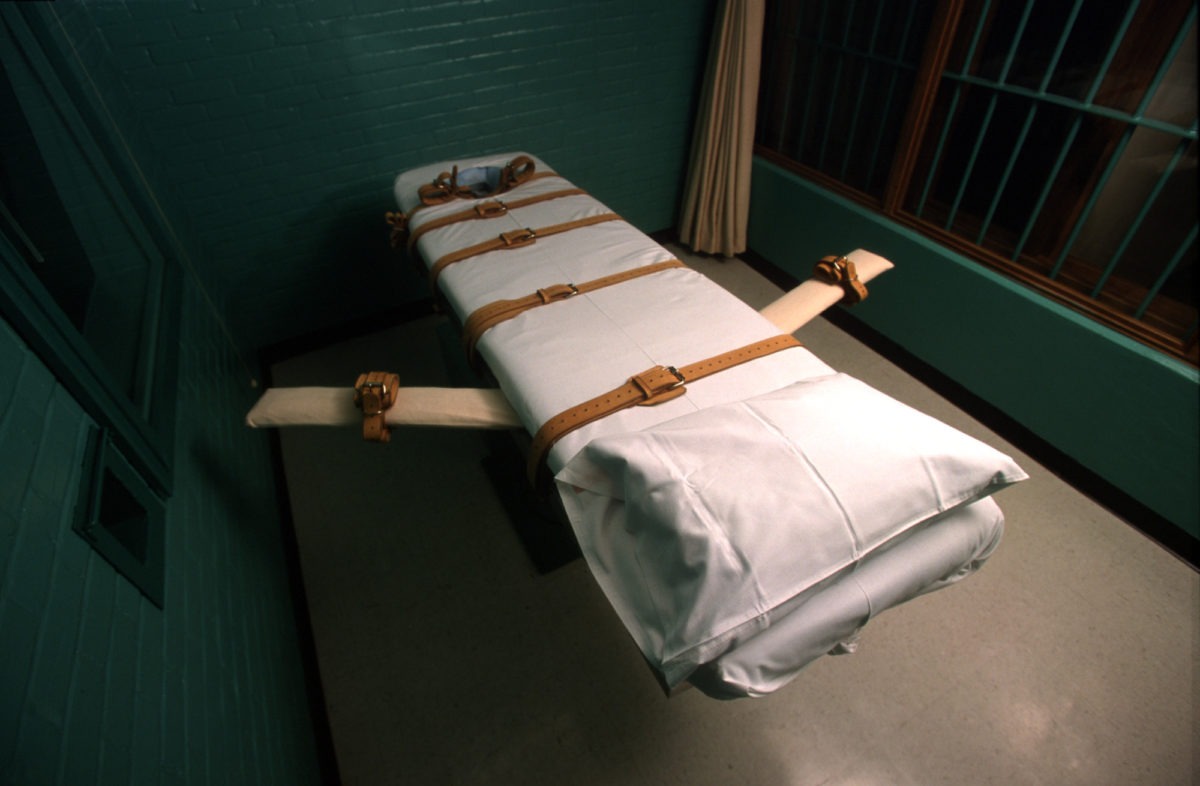
If the U.S. Supreme Court or the state’s governor doesn’t step in, Barton’s would be the first execution carried out in the country during the COVID-19 pandemic.
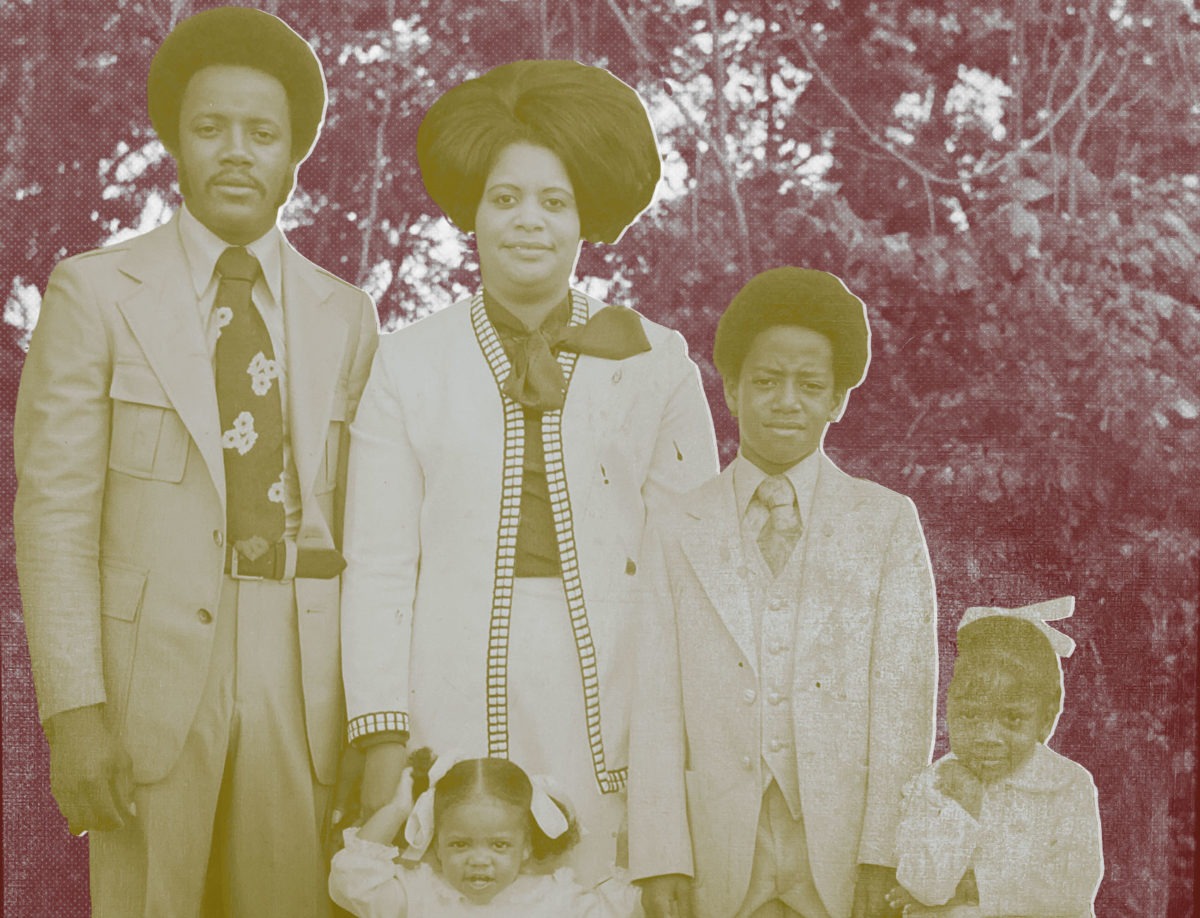
Attorneys say the prosecution’s theory of the murder case was ‘concocted out of whole cloth’ and based on ‘outdated racial stereotyping.’

Sharon Fahy, whose daughter was murdered in 1988, asked the court to release Walter Ogrod, the man convicted in her killing.

‘It was almost like they were going to do whatever they could to demean him and take away his dignity,’ Woods’s spiritual adviser said.

Prosecutors say Walter Ogrod is ‘likely innocent’ of the charges that sent him to prison in 1996. Now, his attorney says, ‘every day a decision and/or hearing is delayed is another day that Mr. Ogrod’s health is at grave risk.’
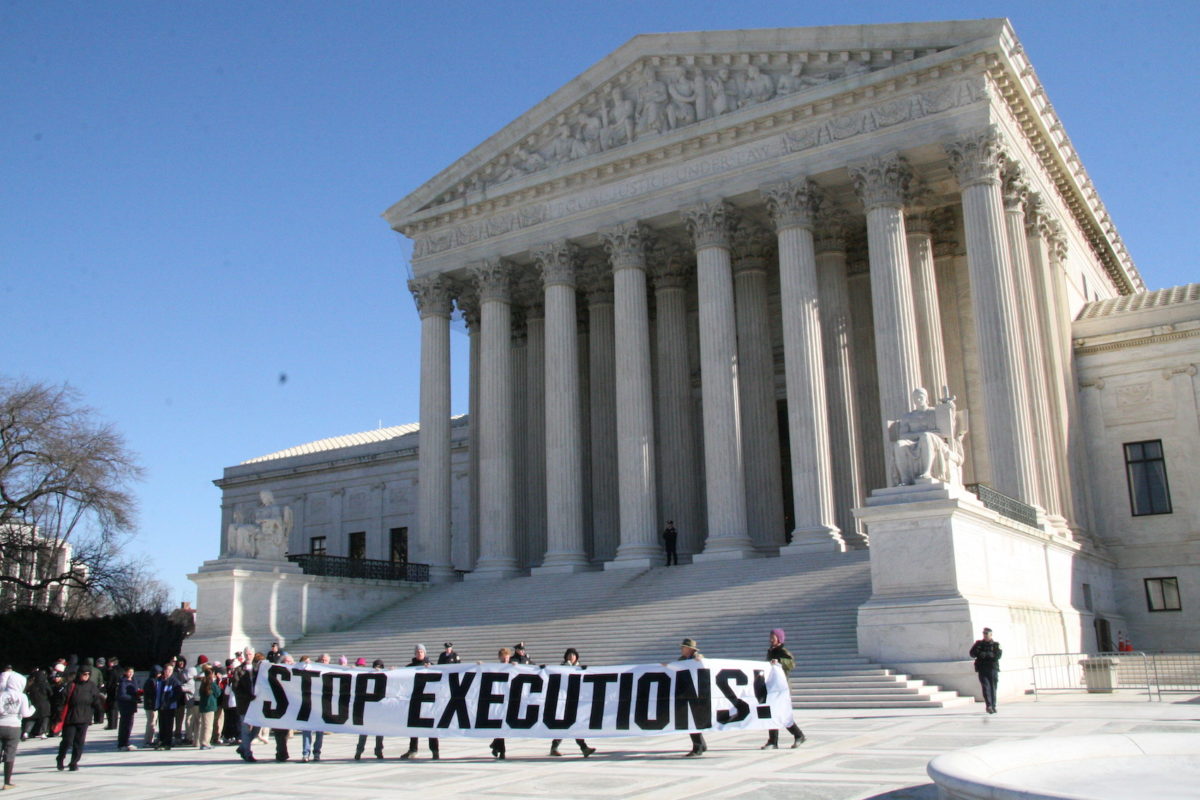
Josie Duffy Rice and guest co-host Darnell Moore focus on the death penalty as they talk with State Attorney Aramis Ayala of the Ninth Judicial Circuit Court of Florida.

John Hummel was scheduled to be executed on Wednesday. The court, citing the current health crisis, has postponed the execution for 60 days.
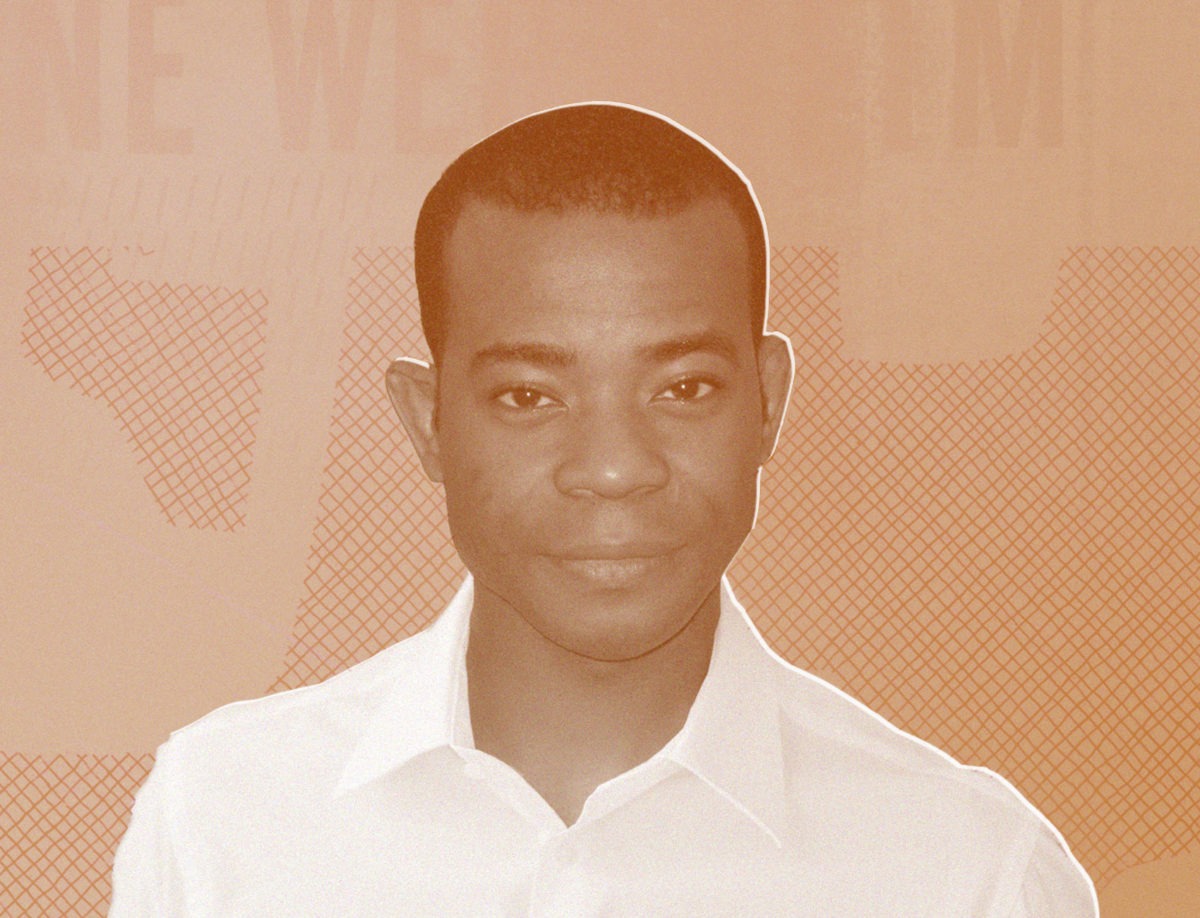
‘I think everyone involved— the governor, the attorney general, the DOC commissioner—everyone knew it,’ his lawyer said.

Nathaniel Woods, who was convicted in connection with the deaths of three Birmingham police officers in 2004, is ‘100 percent innocent,’ the man who shot the officers told The Appeal.
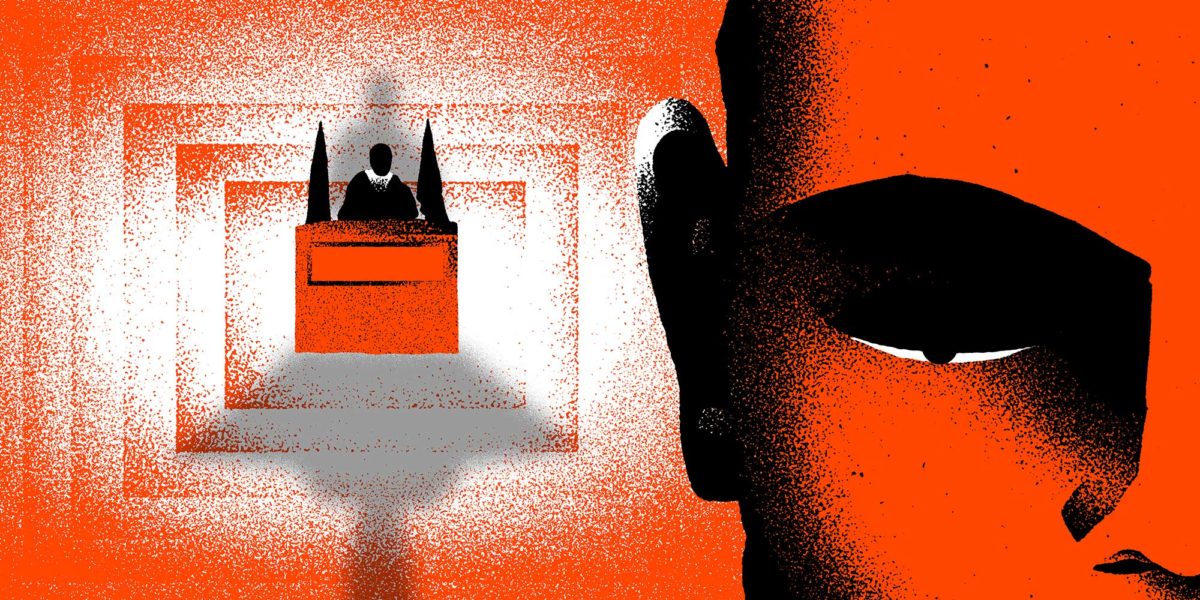
Across the country, the death penalty is in steep decline. But in September, the state’s attorney general sought execution dates for nine men, and its Supreme Court set dates for two of them.

With Jordan Smith and Liliana Segura of The Intercept.
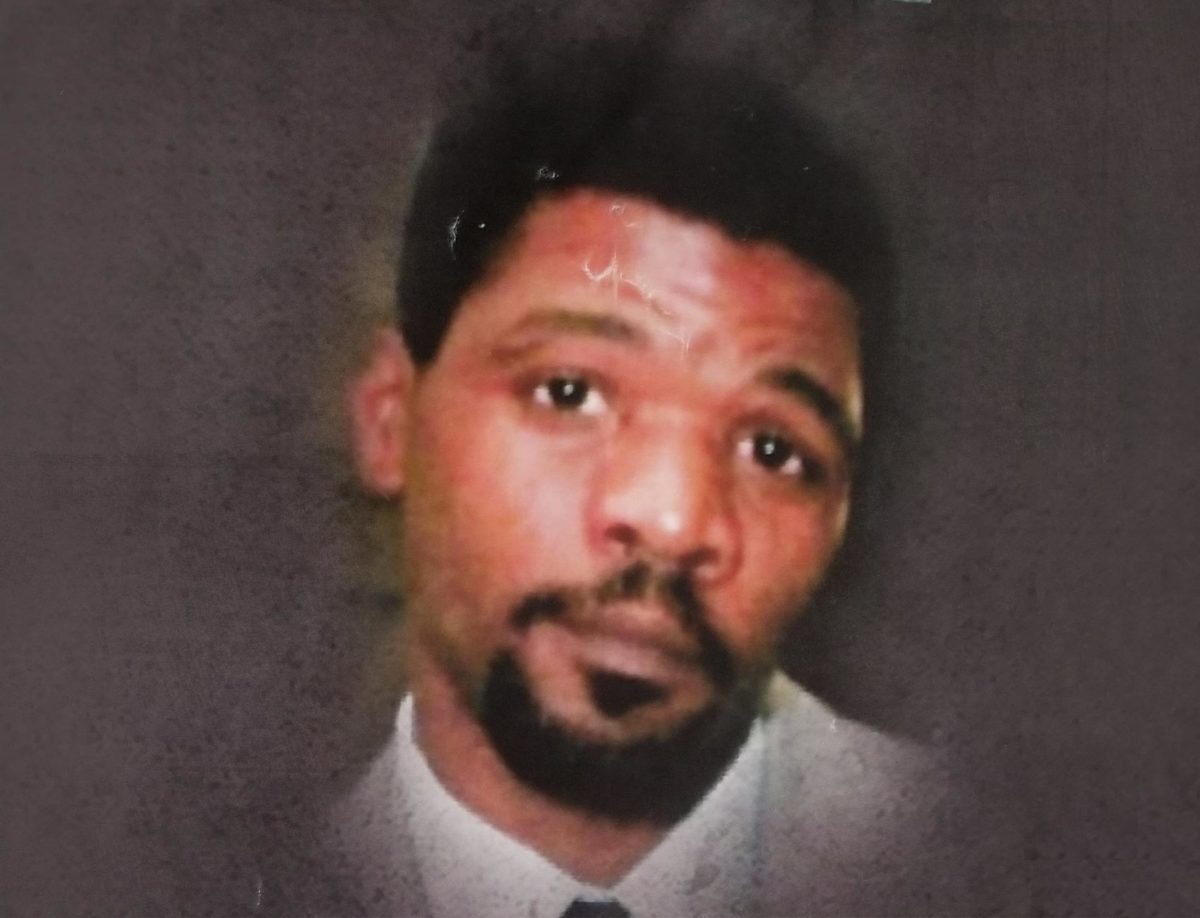
Lee’s family wants officials in Jacksonville, Arkansas, to turn over evidence that was used to convict and sentence him to death. The family says that evidence could posthumously exonerate him.
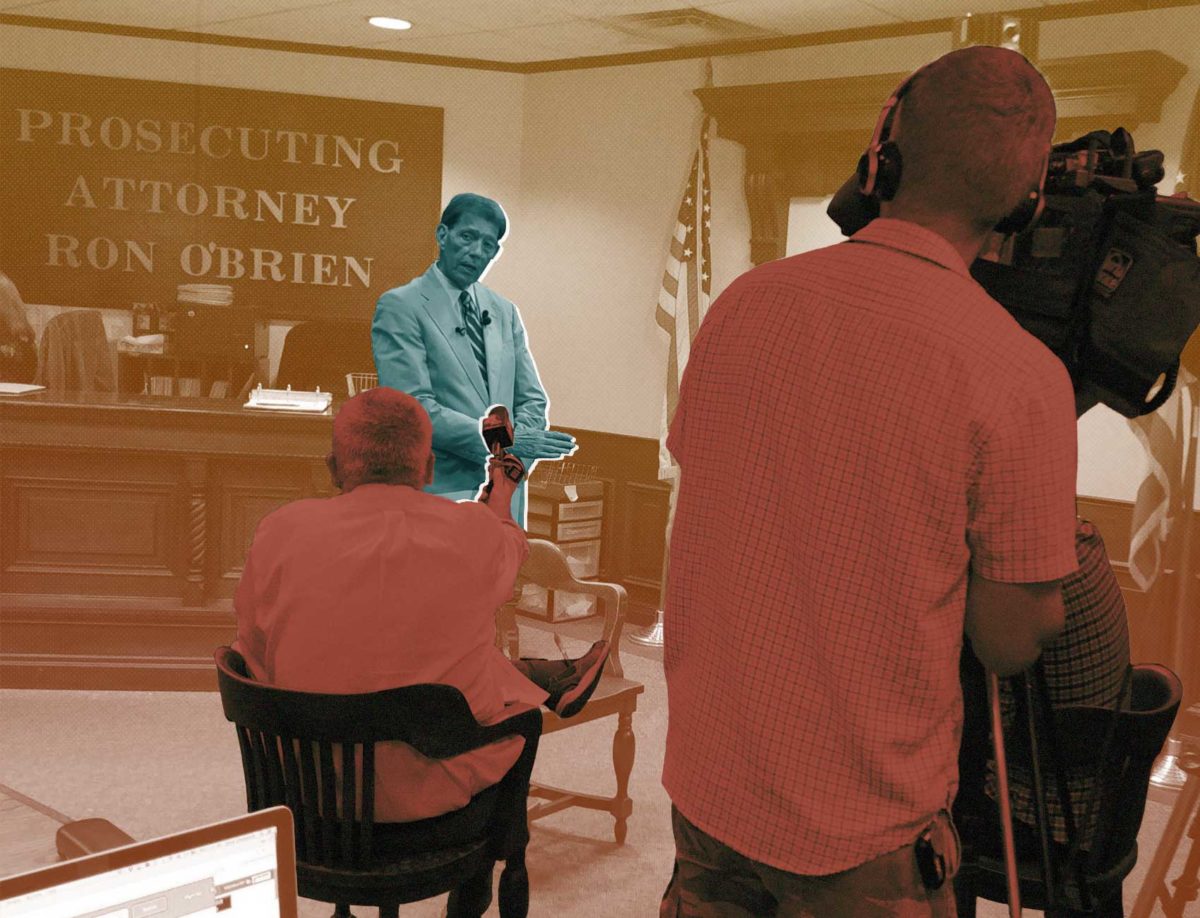
In Franklin County, experts say Ron O’Brien’s capital cases—which can cost hundreds of thousands of dollars— amount to ‘just taxpayer money being lit on fire.’

With Appeal staff reporter Lauren Gill

Oklahoma, Mississippi, and Alabama have all authorized the practice in capital punishment. So what happens now?

Informants are highly motivated to lie. But jurors don’t always have the information or skills to discern the truth.
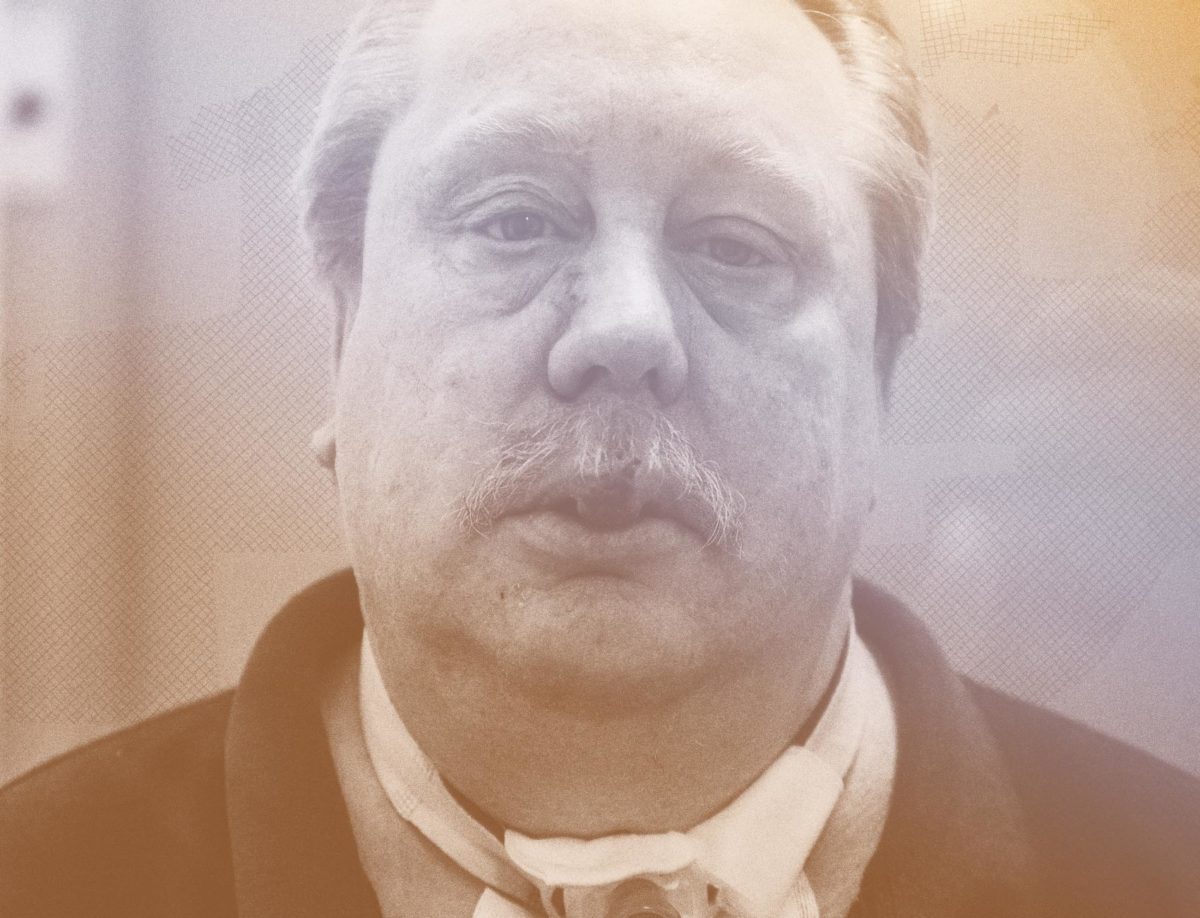
In April, the U.S. Supreme Court ruled that his execution, which experts have said will be bloody and gruesome, does not amount to cruel and unusual punishment. But problems with his case started long before that, his attorneys say.
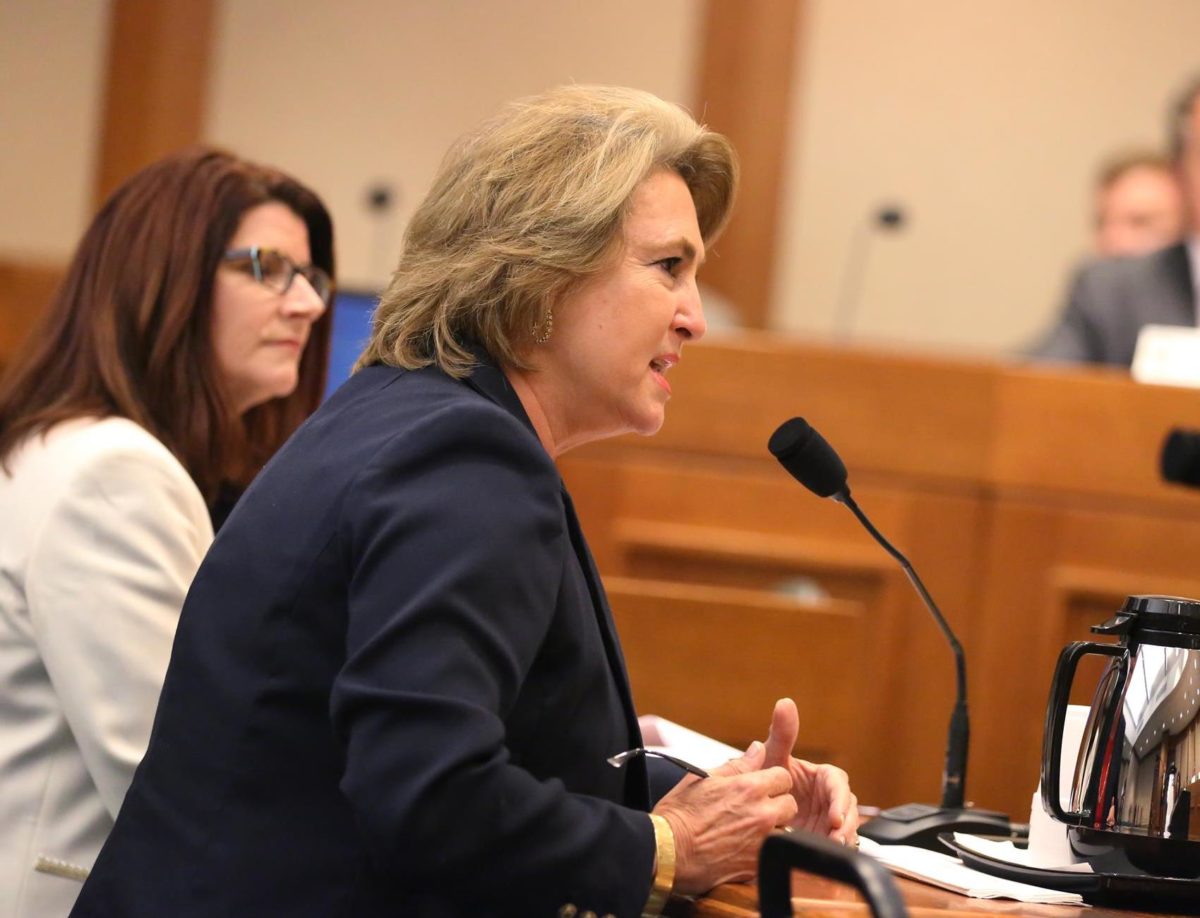
Kim Ogg ran as a reform-minded district attorney candidate, but her office has sought two death warrants for Dexter Johnson, whose lawyer says cannot name everyday objects and has an IQ of 70.

The death penalty in the U.S. is dying, and yet Attorney General William Barr announced that the federal government would begin executing people for the first time since 2003.
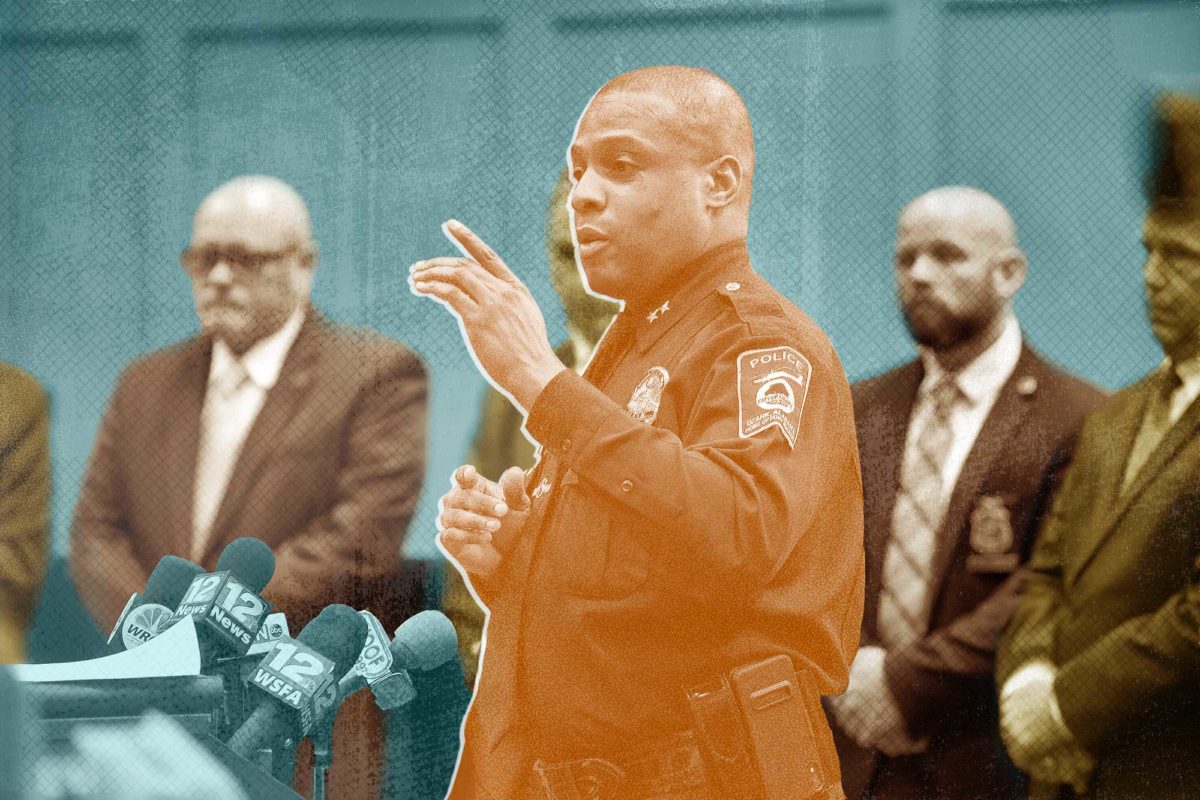
Police in Ozark said they solved the 1999 murders of two teenage girls using a genealogy database. But Coley McCraney‘s attorneys say that the case against their client is far from certain.
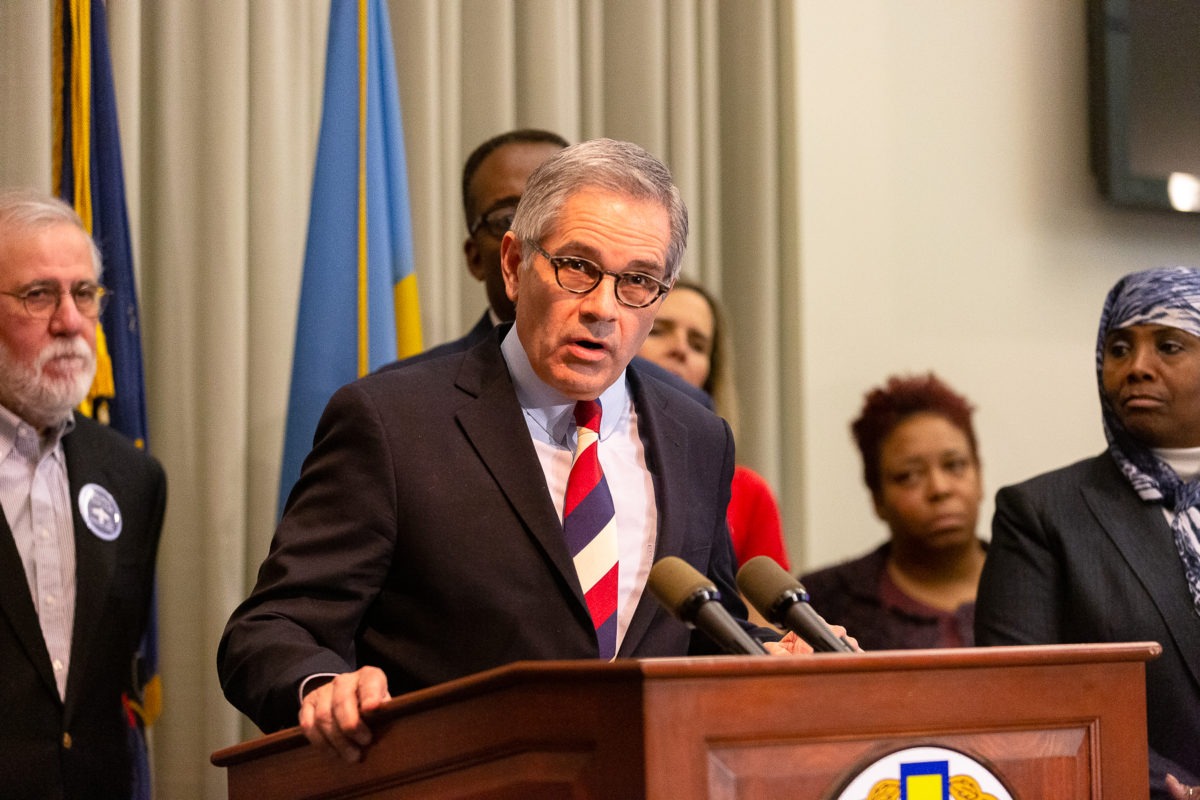
Larry Krasner says the punishment is ‘really about poverty’ and race.
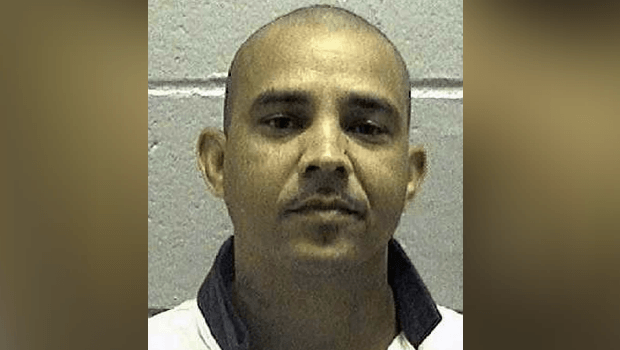
Marion Wilson’s was the 1,500th execution since 1976, the year Georgia resumed the death penalty after the Supreme Court’s decision in Gregg v. Georgia.

Since 2017, LaToni Daniel has been incarcerated pretrial in a capital murder case. During that time, Daniel became pregnant, and she just delivered a baby boy. But as she brings in new life, she also faces the death penalty.

Patrick Murphy didn’t even learn about the murder until later that day. A controversial law allows him to be executed anyway.